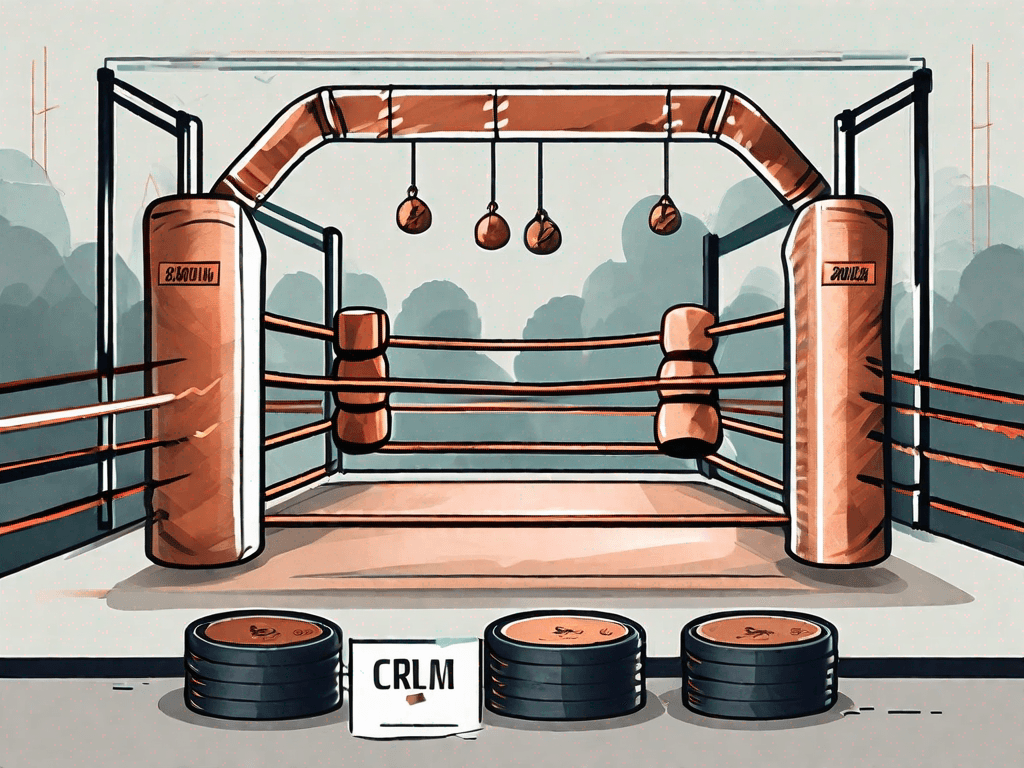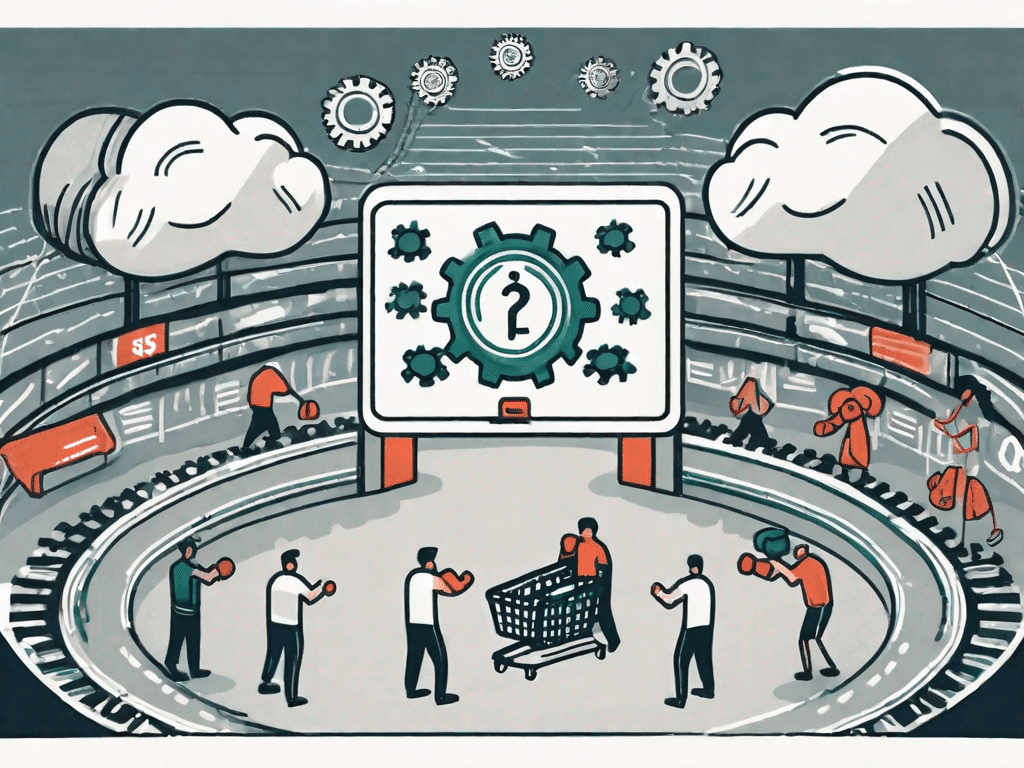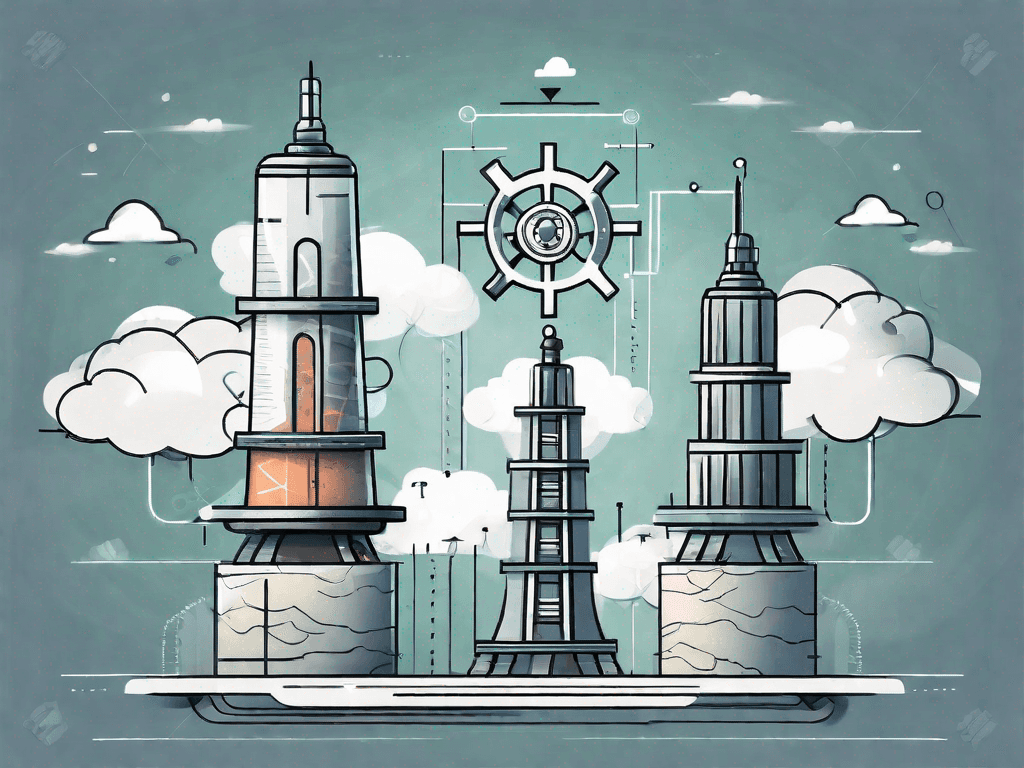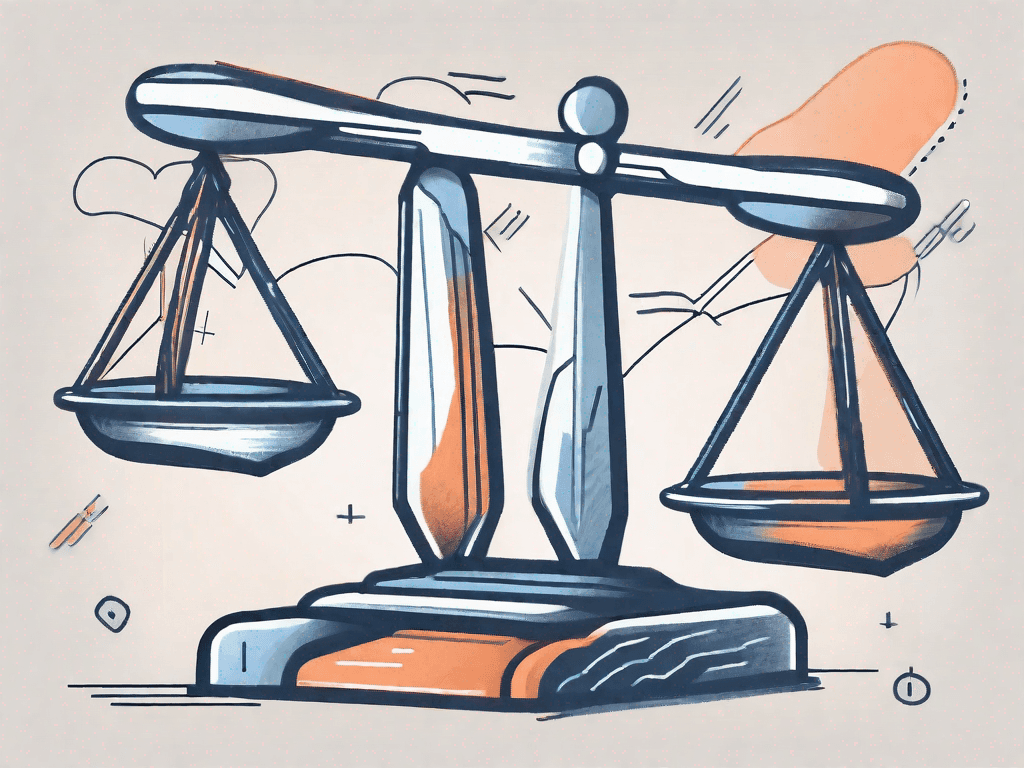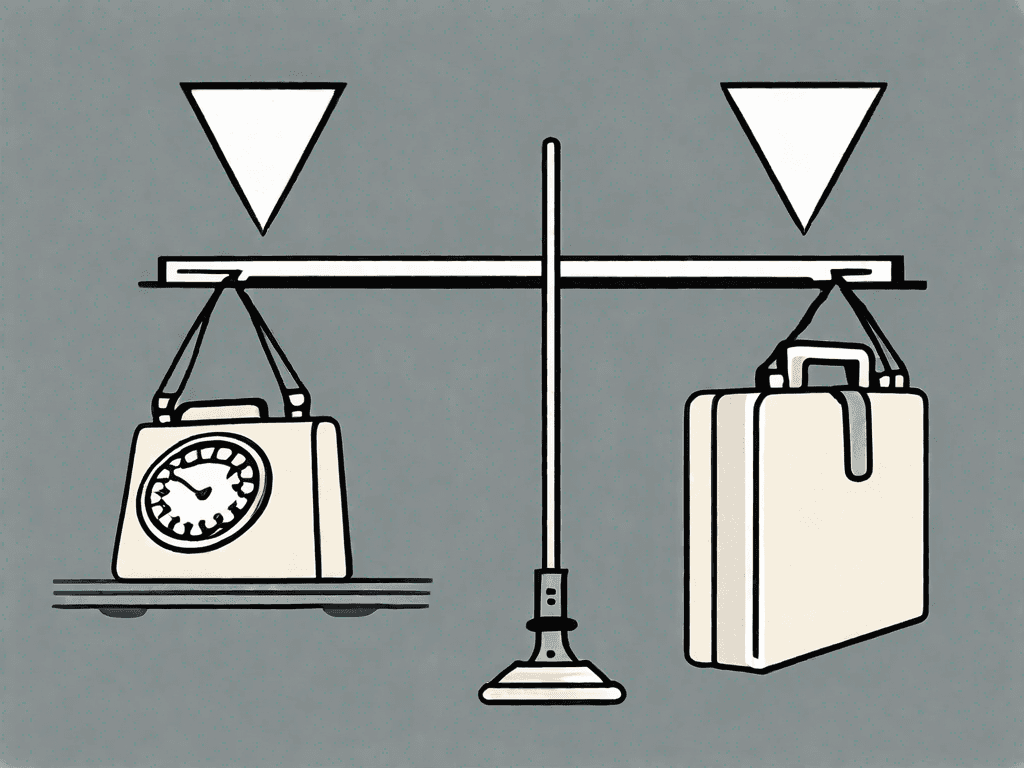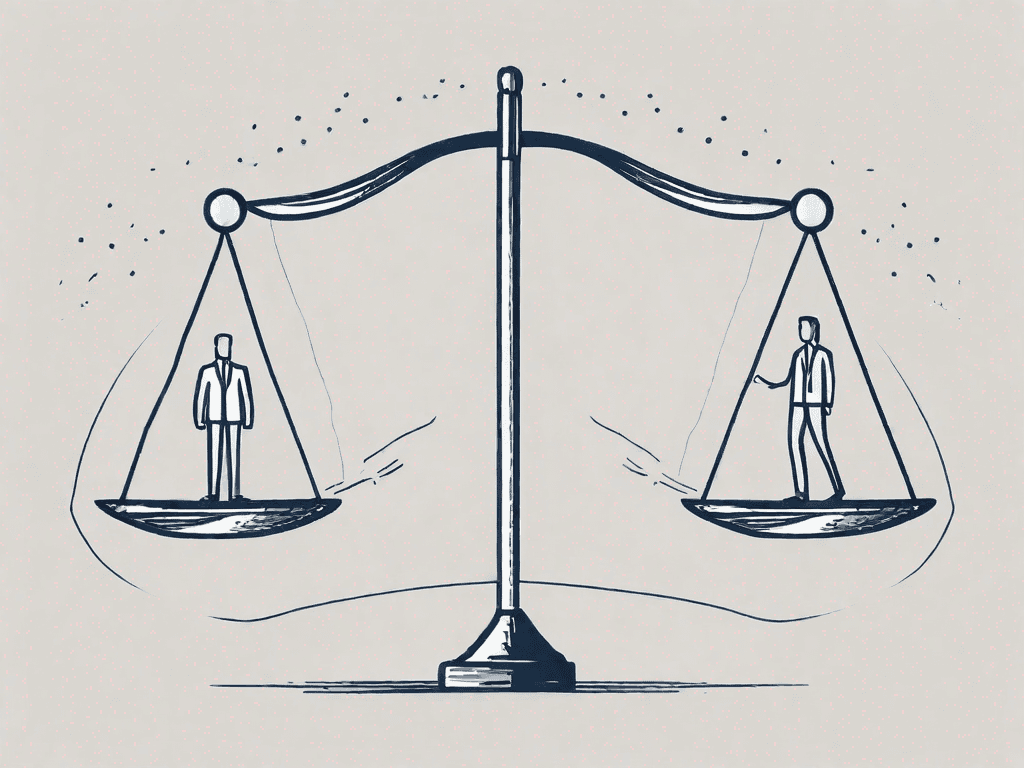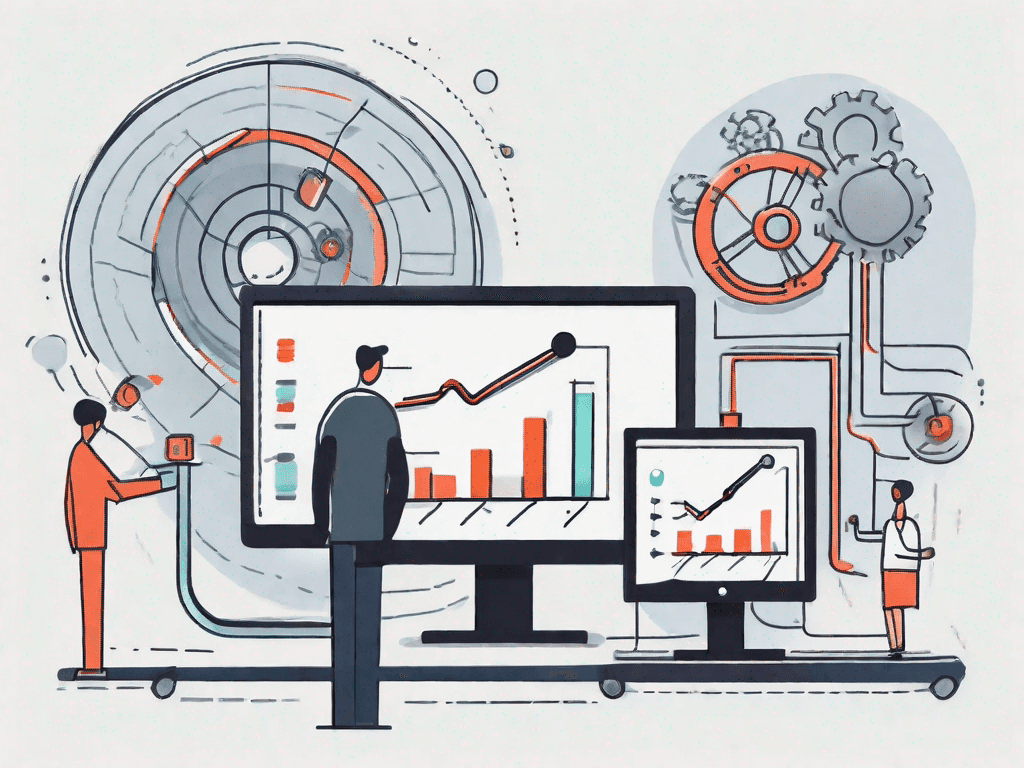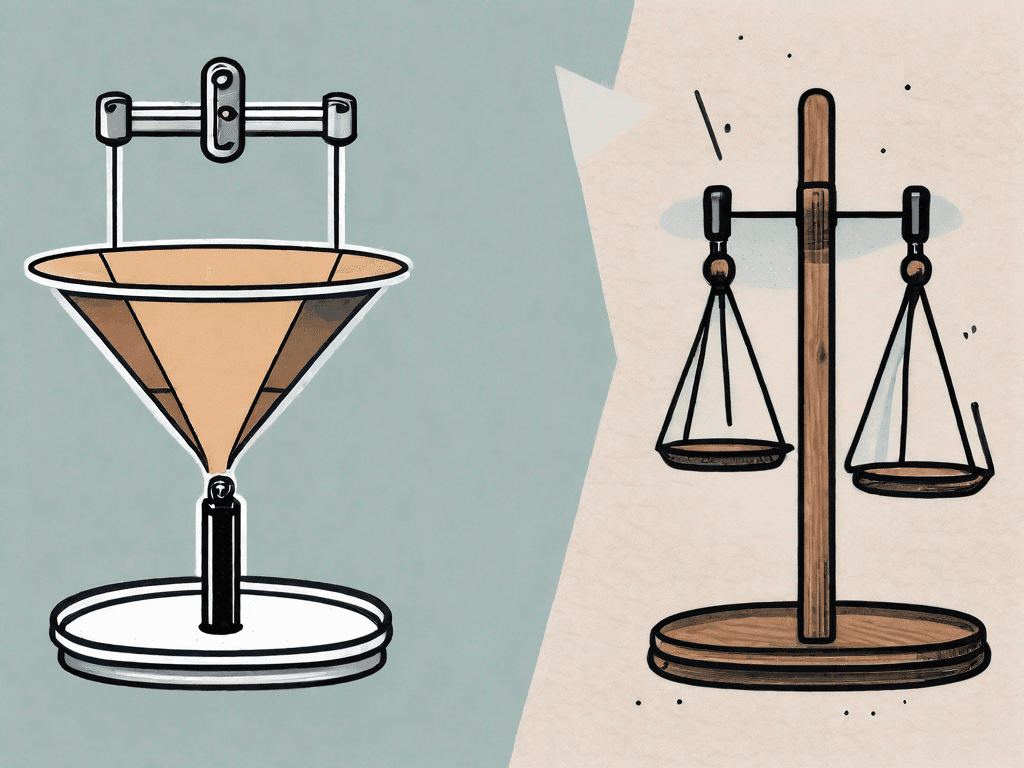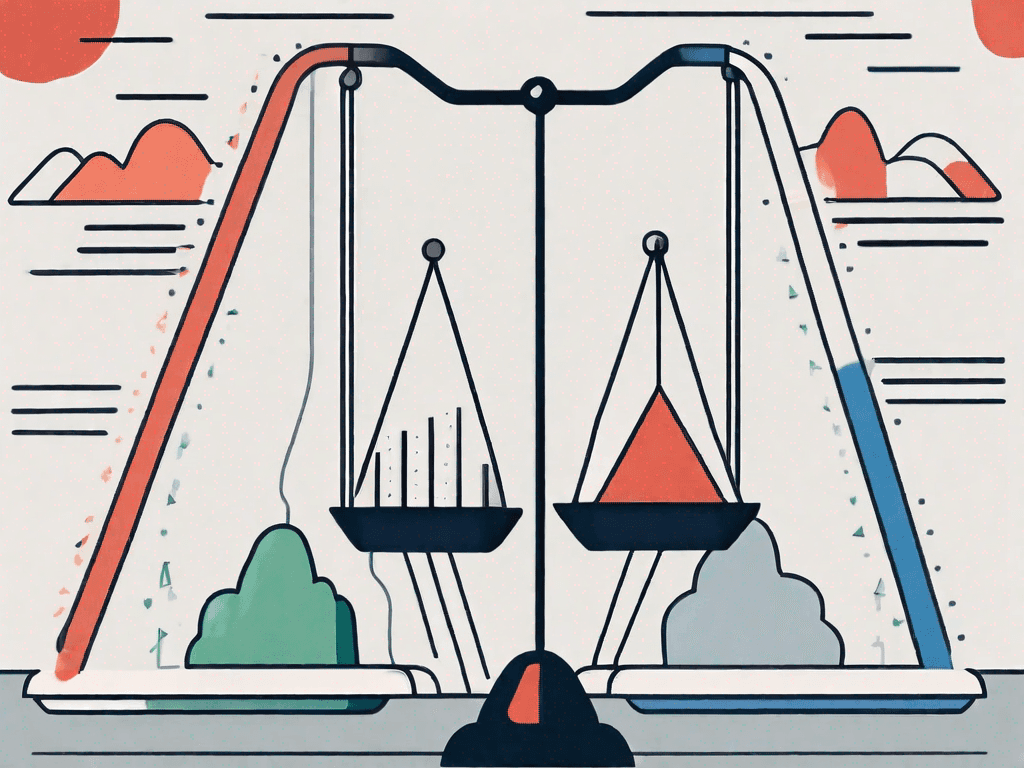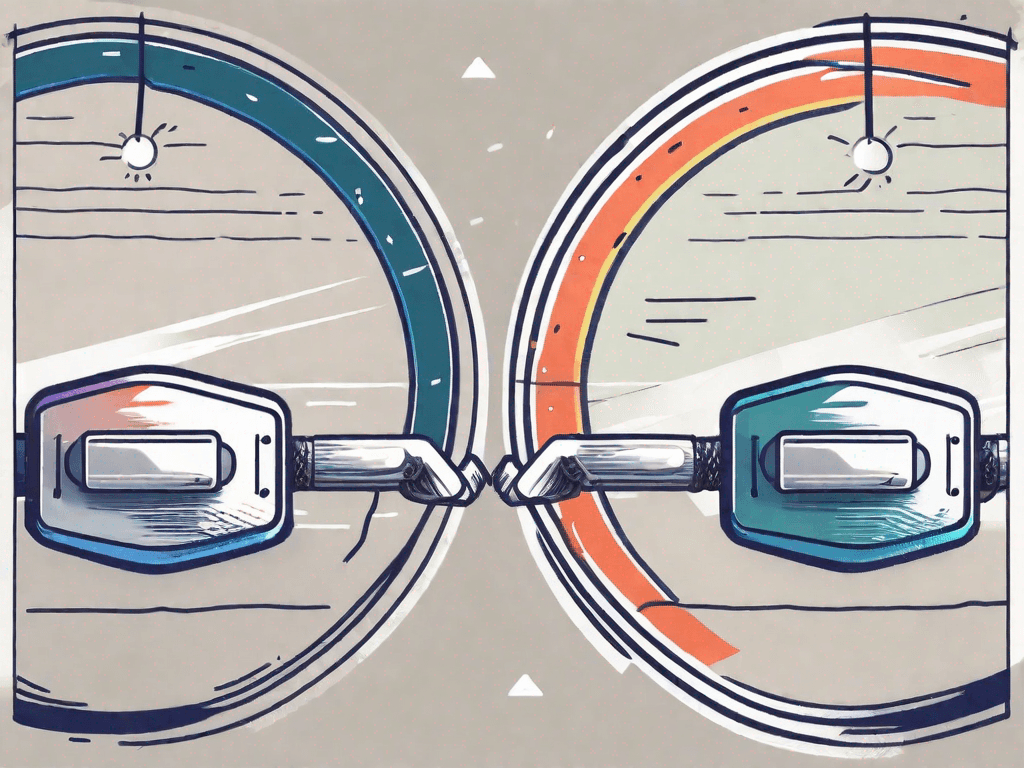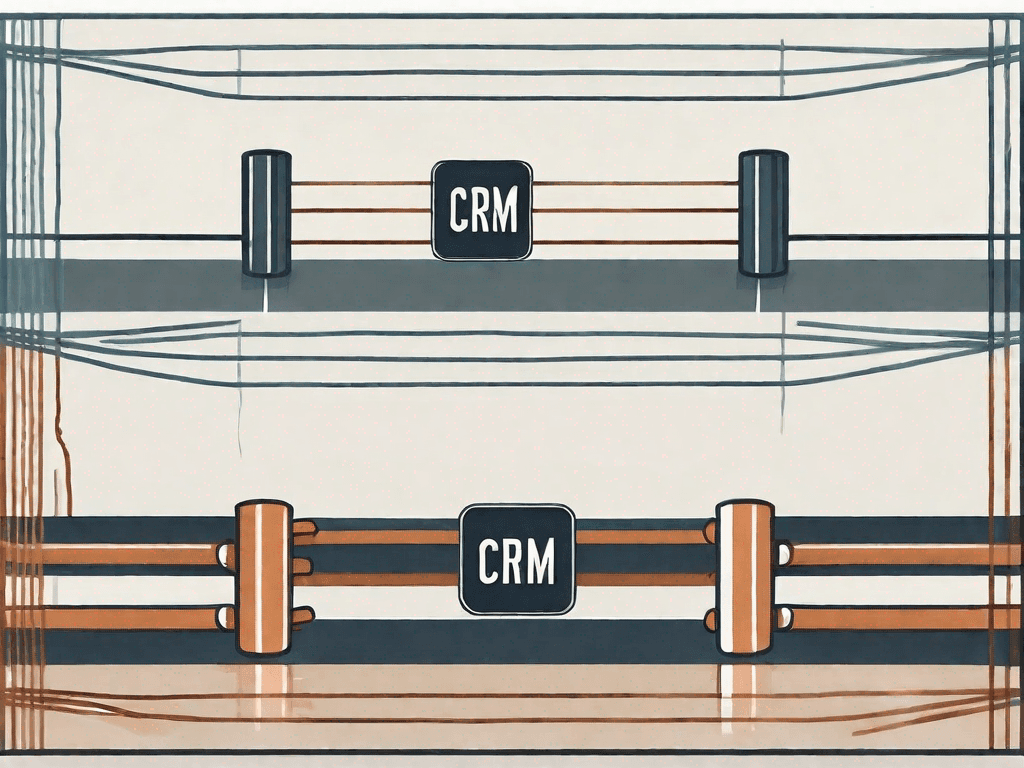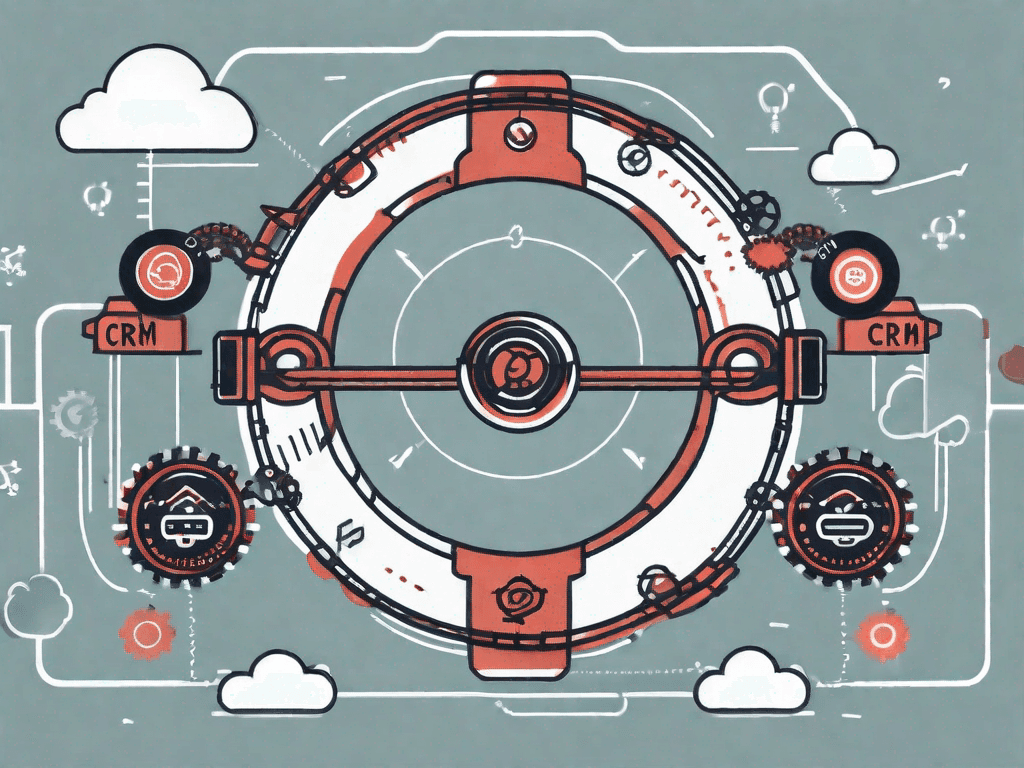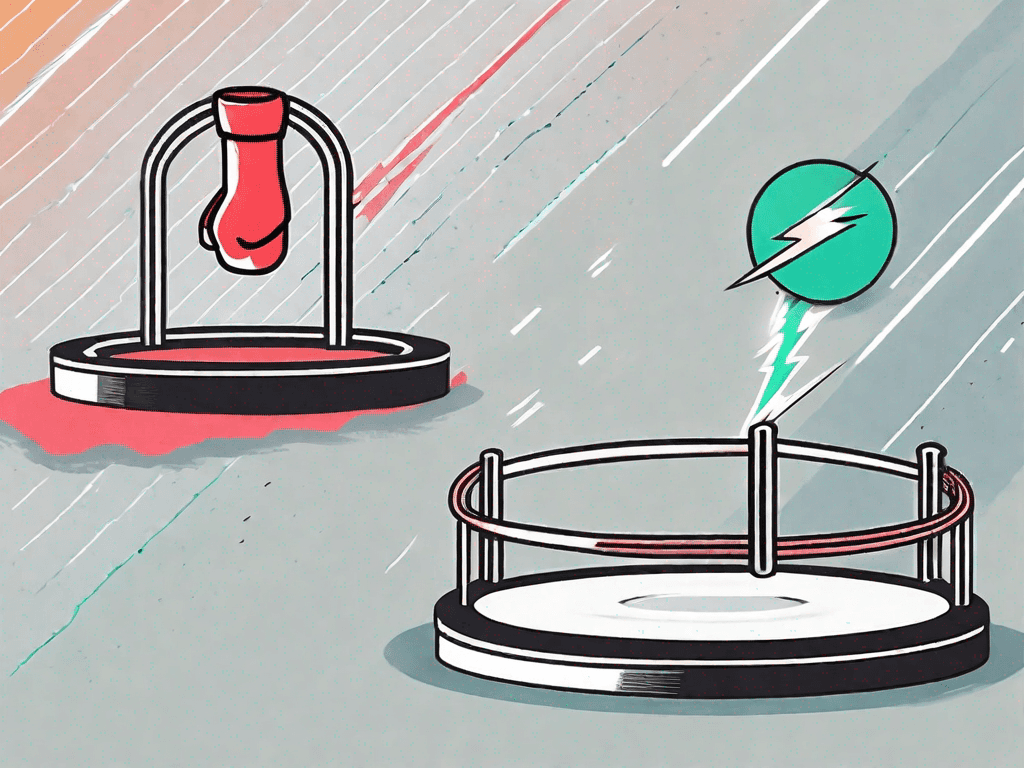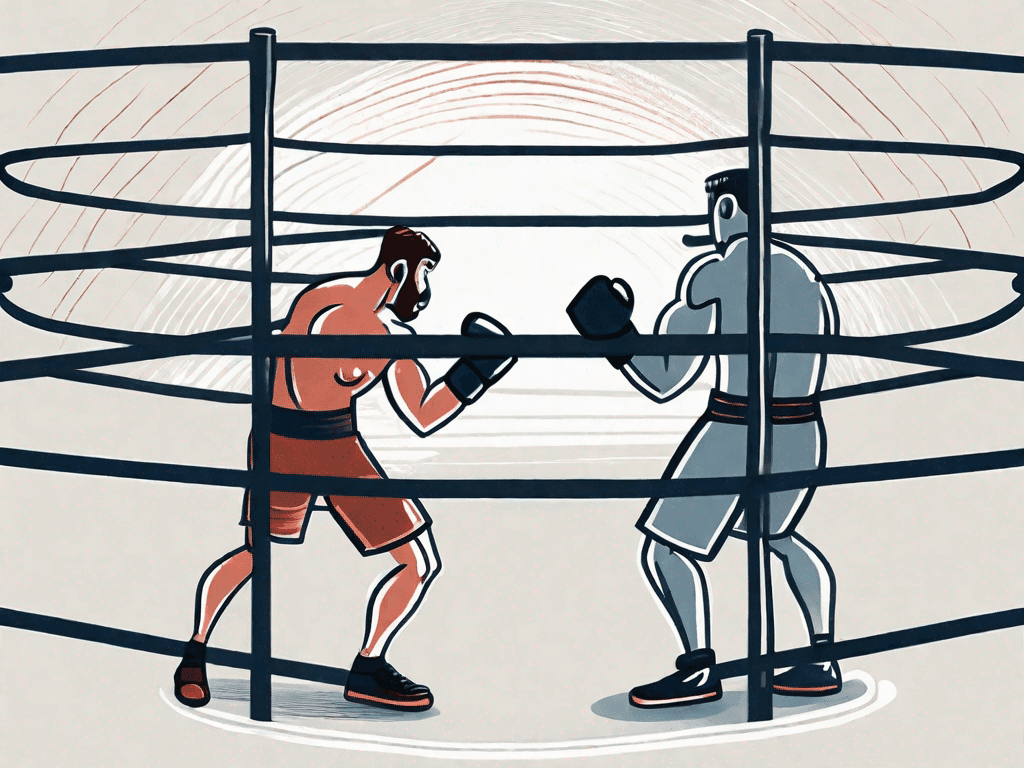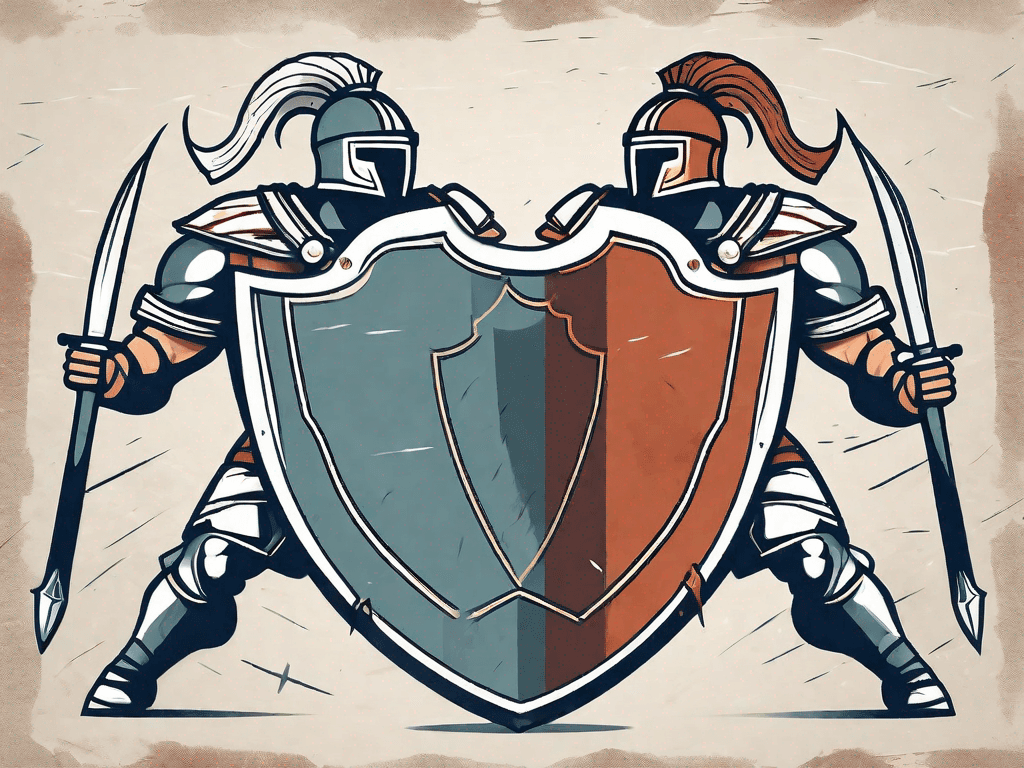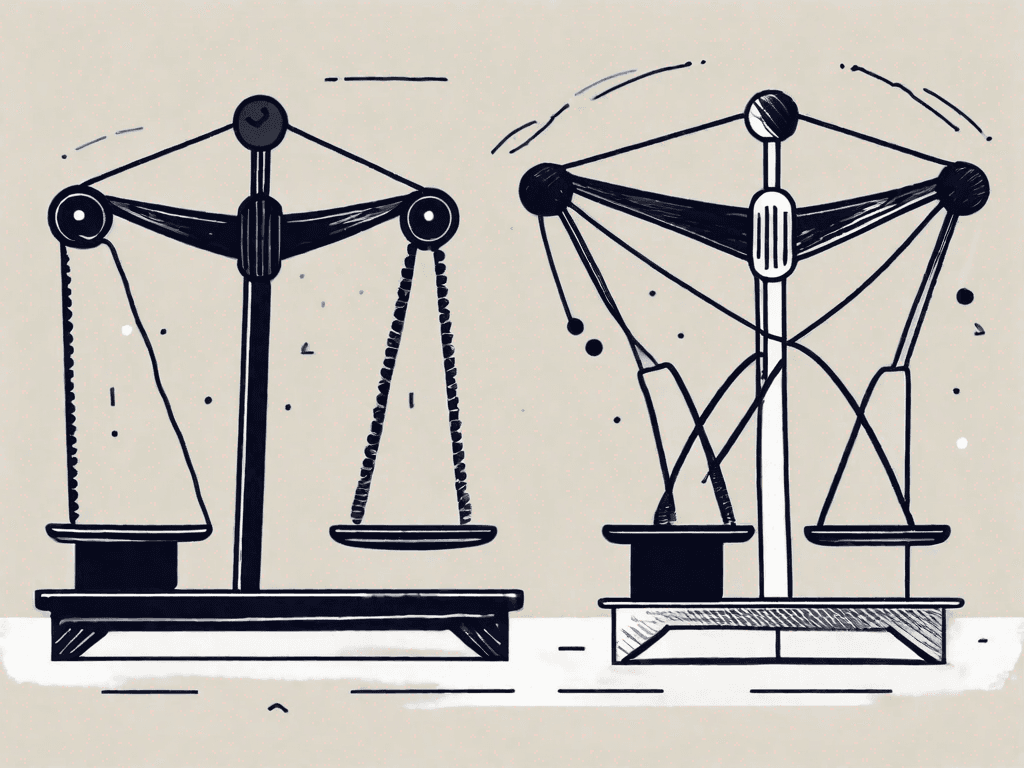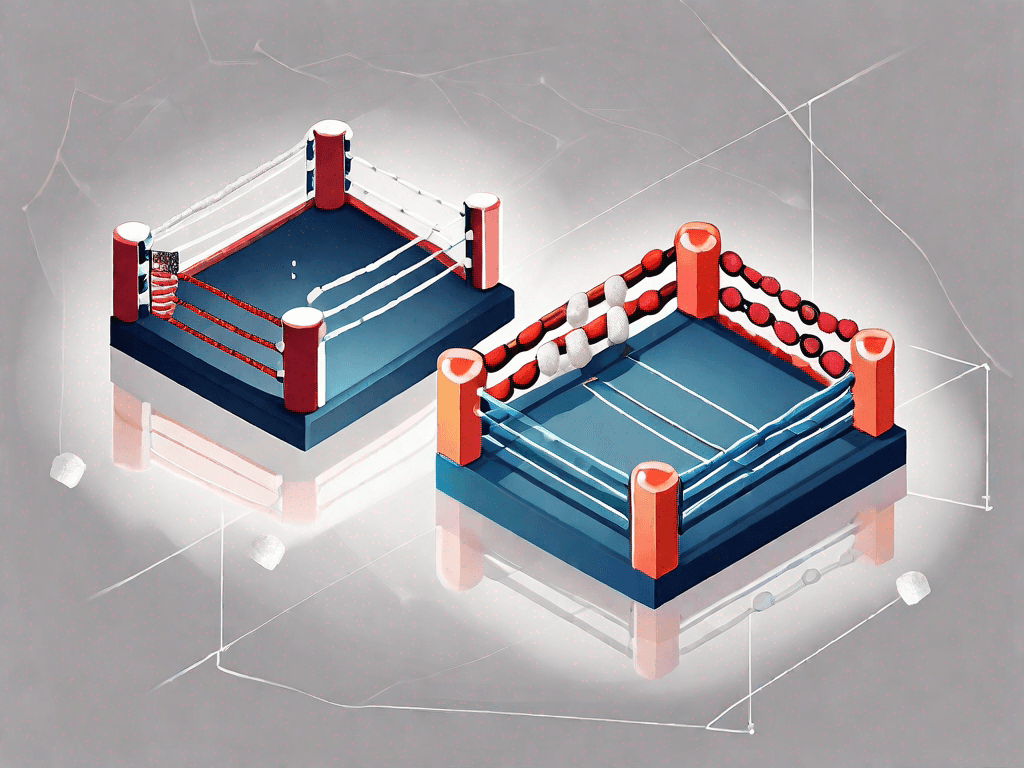
The Ideal Sales Pipeline Template for Life Coaches
The sales pipeline is an essential tool for life coaches to effectively manage their clients and grow their coaching business. By following a structured approach, coaches can guide their clients through the various stages of the sales pipeline, from initial contact to closing the deal. In this article, we will explore the ideal sales pipeline template for life coaches and the benefits it can bring to their coaching practice
The 7 Sales Pipeline Stages Life Coaches Should Have
To create an efficient sales pipeline, life coaches should consider incorporating the following seven stages:
Lead Generation: This stage involves attracting potential clients through various marketing efforts, such as social media campaigns, content creation, and networking events. The goal is to capture the attention of individuals who may benefit from coaching.During the lead generation stage, life coaches employ a range of strategies to reach their target audience. They carefully craft compelling social media posts that highlight the benefits of coaching and share success stories from previous clients. Additionally, they create engaging and informative content, such as blog articles and videos, that provide valuable insights and establish their expertise in the field. Life coaches also actively participate in networking events, where they can connect with individuals who may be interested in their services. By employing a multi-faceted approach, life coaches ensure that they are reaching a wide range of potential clients and increasing their chances of generating leads.
Qualification: Once leads are generated, coaches need to qualify them based on their fit and willingness to commit to coaching. This stage helps coaches focus their efforts on individuals who are most likely to become paying clients.During the qualification stage, life coaches carefully assess the leads they have generated to determine their suitability for coaching. They consider factors such as the individual's level of commitment, their goals and aspirations, and their willingness to invest time and resources into the coaching process. By qualifying leads, life coaches ensure that they are investing their time and energy into individuals who are genuinely interested in their services and have a high likelihood of converting into paying clients.
Discovery: In this stage, coaches engage with qualified leads to learn more about their needs, goals, and challenges. This allows coaches to tailor their coaching approach and highlight the value they can bring to the client's life.During the discovery stage, life coaches engage in meaningful conversations with their qualified leads to gain a deeper understanding of their unique needs, goals, and challenges. They ask probing questions and actively listen to the responses, allowing them to uncover valuable insights about the individual's motivations and aspirations. Armed with this information, life coaches can tailor their coaching approach to address the specific needs of each client, ensuring that they can provide maximum value and support throughout the coaching journey.
Proposal: After the discovery stage, coaches create a customized coaching proposal that outlines their proposed coaching program, pricing, and expected outcomes. This stage is crucial for setting clear expectations and gaining commitment from the client.Once life coaches have a thorough understanding of their clients' needs and goals, they create a comprehensive coaching proposal that outlines the specifics of the coaching program. The proposal includes details such as the duration of the coaching engagement, the frequency and format of coaching sessions, and the expected outcomes and benefits the client can expect to achieve. Additionally, the proposal clearly outlines the pricing structure and any terms and conditions associated with the coaching engagement. By presenting a well-crafted proposal, life coaches ensure that their clients have a clear understanding of what to expect from the coaching relationship and can make an informed decision about moving forward.
Negotiation: Once the proposal is presented, coaches may engage in negotiations with the client to ensure that both parties feel comfortable with the terms of the coaching engagement. This stage involves discussing any potential concerns or modifications to the proposal.During the negotiation stage, life coaches and their clients engage in open and honest discussions to address any concerns or modifications to the coaching proposal. This stage is crucial for establishing a strong foundation of trust and ensuring that both parties are aligned in their expectations. Life coaches actively listen to their clients' feedback and concerns, and they work collaboratively to find mutually beneficial solutions. By engaging in this negotiation process, life coaches demonstrate their commitment to providing a personalized coaching experience that meets the unique needs of each client.
Agreement: The agreement stage involves finalizing the details of the coaching engagement, such as signing a contract, setting up payment arrangements, and scheduling coaching sessions. This stage solidifies the commitment between the coach and client.Once the negotiation process is complete and both parties are satisfied with the terms of the coaching engagement, life coaches and their clients move forward with finalizing the agreement. This involves signing a contract that outlines the rights and responsibilities of both the coach and the client. Additionally, life coaches work with their clients to set up convenient payment arrangements and schedule the coaching sessions. By formalizing the agreement, life coaches ensure that there is a clear understanding of the coaching process and that both parties are committed to working together towards achieving the client's goals.
Coaching: The final stage of the sales pipeline is the actual coaching sessions. Coaches work closely with their clients to help them achieve their goals, overcome challenges, and lead fulfilling lives. This stage is where the transformative power of coaching truly comes into play.Once the agreement is in place, life coaches begin the coaching sessions with their clients. These sessions are highly personalized and tailored to the individual's specific needs and goals. Life coaches provide guidance, support, and accountability as their clients work towards achieving their desired outcomes. Through a combination of active listening, powerful questioning, and proven coaching techniques, life coaches empower their clients to overcome challenges, unlock their full potential, and lead fulfilling lives. The coaching sessions serve as a safe and supportive space for clients to explore their thoughts, beliefs, and emotions, ultimately leading to personal growth and transformation.
Example of the Customer Journey in a Sales Pipeline for Life Coaches Step-by-Step
Let's explore an example of how the customer journey unfolds in a sales pipeline for life coaches:
Lead Generation: A life coach shares valuable content on social media platforms, attracting potential clients who resonate with their message.
Qualification: The life coach requests interested individuals to fill out an application form that screens for commitment and compatibility.
Discovery: The coach holds discovery calls with qualified leads to understand their goals, challenges, and expectations.
Proposal: Based on the insights gained from the discovery calls, the coach creates a detailed coaching proposal, highlighting how they can help the client achieve their desired outcomes.
Negotiation: The coach and client engage in open discussions to address any concerns or modifications to the proposal, ensuring both parties are aligned.
Agreement: The coach provides the client with a contract to review and sign, along with the necessary payment arrangements.
Coaching: The coach and client begin their coaching sessions, working together to overcome obstacles and unlock the client's full potential.
Why Life Coaches need this Sales Pipeline Template?
A well-defined sales pipeline template is incredibly valuable for life coaches. Here are a few reasons why:
3.1 - You'll save time coaching individuals as Life Coaches.
By following a structured sales pipeline, coaches can efficiently navigate the client acquisition process. This saves time by streamlining lead generation, qualification, and the proposal process. With a template in place, coaches can focus their energy on coaching clients rather than spending excessive time on administrative tasks.
3.2 - You'll grow revenues faster by coaching clients to a better life.
A sales pipeline template empowers life coaches to effectively guide potential clients through each stage, ensuring a smooth transition from lead to paying client. By managing the entire sales process systematically, coaches can increase their conversion rates and generate more revenue. Ultimately, this allows coaches to make a more significant impact and help more individuals transform their lives.
In conclusion, the ideal sales pipeline template for life coaches is a powerful tool that enables effective client management and business growth. By incorporating the seven essential stages and following a step-by-step customer journey, coaches can optimize their coaching practice. Additionally, by saving time and increasing revenues, coaches can focus on coaching clients to live their best lives. Implementing a sales pipeline template is a game-changer for life coaches looking to thrive in the coaching industry.















































































































































































